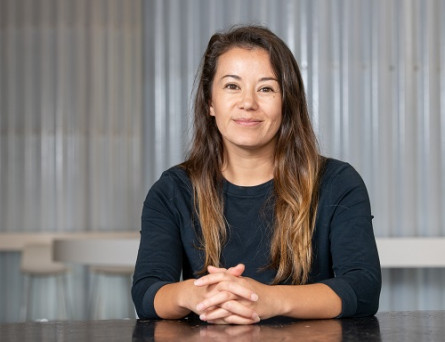Published Aug 10, 2020
KiVa—a bullying prevention programme developed in Finland and introduced into New Zealand by Wellington UniVentures—has welcomed its first Kura Māori (or kura) into the KiVa school community.
Kura Māori are te reo Māori-language immersion schools whose philosophies and practices reflect Māori cultural values with the aim of revitalising Māori language, knowledge and culture.
Hamilton-based Te Kura Amorangi o Whakawātea has joined more than 50 other New Zealand schools who are already seeing positive outcomes from the anti-bullying programme.
“Left unchecked, at its best, bullying affects learning outcomes and wellbeing at school,” says Kieu Pham, Wellington UniVentures’ Programmes Manager—Education. “At its worst, bullying can lead to depression, anxiety, drug and alcohol abuse, and anti-social behaviour in adulthood.”
Kieu says that while a 2019 OECD report found that New Zealand had the second highest rate of school bullying in the OECD, it wasn’t a significant problem at Whakawātea. However, the school’s tumuaki (principal) Susanne Simmons-Kopa recognised the longer-term importance of teaching their tamariki bullying prevention skills that will help them to navigate life far beyond their primary school years.
“KiVa very much aligns with our tikanga, which is to grow children into kind, respectful adults,” says Susanne. “We believe they’ll have far more opportunities in life if they learn the foundational skills of respect and kindness when they are young.”
Kieu says that without such skills, bullying simply moves to the workplace once children grow up and leave school. “A 2019 workplace study by StatsNZ found that around 300,000 people, or 11 percent of workers, said they had experienced discrimination, harassment, or bullying at work during the past 12 months.”
She says the best way to change a bullying culture is to start with children, equipping them with the skills and tools they need to identify bullying, and giving them the confidence to respond appropriately when they experience or witness it.
“Whakawātea’s teachers liked the fact that KiVa’s proactive prevention approach focuses on the power of bystanders to reduce bullying—and that the programme acknowledges that respect is for everyone,” explains Kieu, who carried out the KiVa training with staff in July.
Susanne says she was initially drawn to the KiVa programme because of its evidence base. “The fact that its effectiveness has been proven scientifically was of paramount importance to me.”
Although still in the early stages of rolling out the programme across the whole school, Susanne says it’s already giving them more clarity around the issue of bullying. “We’re having some really good discussions about things like what is and what isn’t bullying for example.”
While the team at Te Kura Amorangi o Whakawātea is translating the KiVa materials into te reo Māori, the KiVa team plans—over time—to tailor future resources to be used in kura so that the programme is more accessible to all kura and schools across Aotearoa.
“Cultural shifts are possible,” says Kieu. “You only have to look at how our attitudes have changed over the years to things like wearing bike helmets, seatbelts and sunscreen to see that. We believe KiVa is a vitally important component in changing New Zealand attitudes and reducing the incidence of bullying across Aotearoa—and Te Kura Amorangi o Whakawātea shares this belief. We’re delighted to have them on board.”

